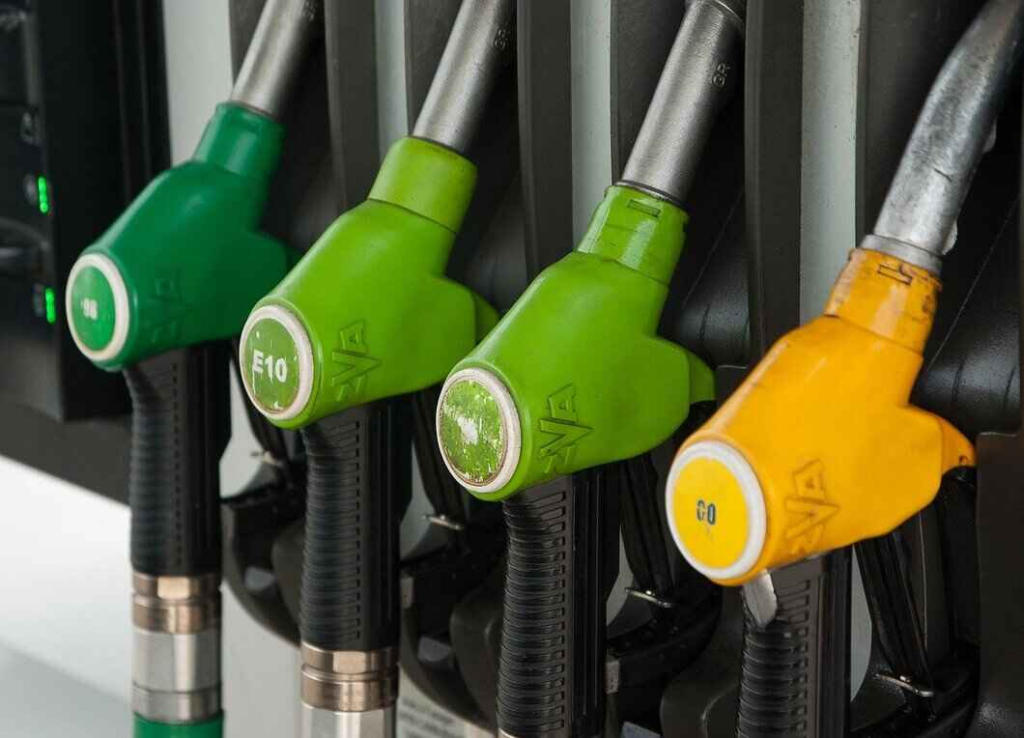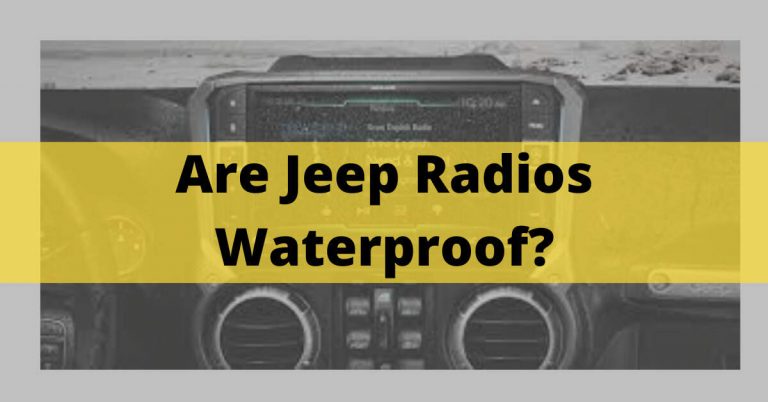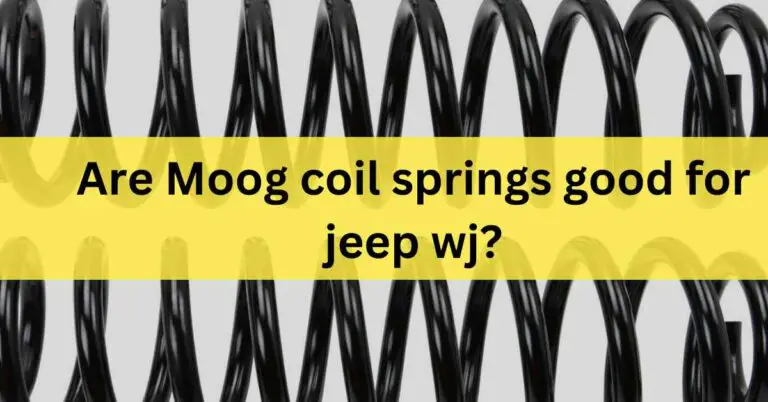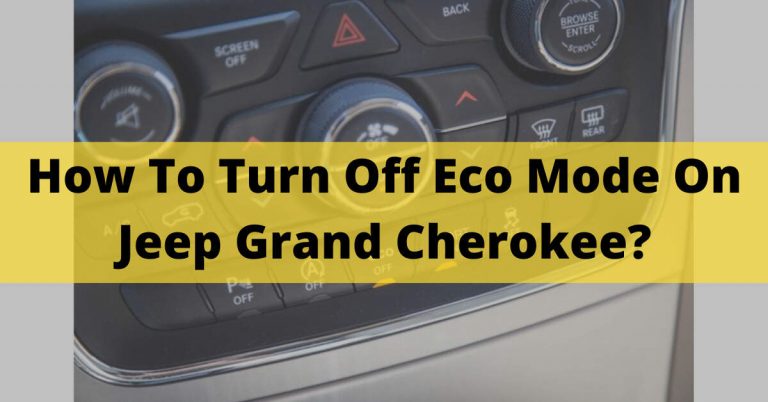What Type of Gas Does a Jeep Wrangler Take?
The Jeep Wrangler, an iconic off-road vehicle known for its rugged design and exceptional capabilities, has been a favourite among adventure enthusiasts for decades. Choosing the correct type of gasoline is a crucial aspect of maintaining the vehicle’s performance and longevity.
Jeep Wrangler models typically use regular unleaded gasoline with an octane rating of 87. However, it’s essential to check the owner’s manual or consult with the manufacturer or a dealership for the most accurate and up-to-date information
In this article, we will delve into the fuel requirements of the Jeep Wrangler, exploring the various options available and providing insights into optimising its performance and efficiency.
Understanding Fuel Octane Ratings:
Before discussing the specific fuel requirements of a Jeep Wrangler, it’s essential to understand the concept of fuel octane ratings.
Octane measures a fuel’s resistance to knocking or pinging, undesirable phenomena that occur when a fuel-air mixture ignites prematurely in the engine’s combustion chamber.

Higher octane fuels are less likely to cause knocking and are typically used in high-performance or higher compression ratio engines.
Factors Affecting Fuel Choice:
Engine Type:
Jeep Wranglers have various engine options, including four-cylinder, V6, and hybrid variants. While most models run well on regular unleaded gasoline, some higher-performance engines recommend or require higher-octane fuel for optimal performance.

Advanced Features:
If your Jeep Wrangler has advanced features like turbocharging or supercharging, it might necessitate higher-octane fuel to prevent knocking and maximise engine efficiency.
Towing and loading:
If you often tow heavy loads or drive in challenging conditions, using higher-octane fuel might be beneficial to provide extra engine protection and prevent performance issues.
Optimising Performance and Efficiency:
- Follow Manufacturer Recommendations: Refer to your Jeep Wrangler’s owner’s manual for specific fuel recommendations. The manufacturer’s guidelines are tailored to ensure your vehicle’s best performance, efficiency, and longevity.
- Regular Maintenance: Keeping up with routine maintenance, including changing air filters, spark plugs, and fuel injectors, contributes to optimal engine performance and fuel efficiency.
- Driving Habits: Fuel efficiency can be influenced by your driving habits. Smooth acceleration and avoiding sudden stops and starts can help improve your Jeep Wrangler’s fuel economy.
- Proper Tire Inflation: Maintaining the exact tire pressure helps reduce rolling resistance, positively impacting fuel efficiency.
Types of Gasoline That Can and Can’t Be Used in a Jeep Wrangler:
Types of Gasoline That Can Be Used:
Regular Unleaded (87 Octane):
Most Jeep Wranglers are designed to run efficiently on regular gasoline with an octane rating of 87. This fuel type is widely available and offers a balance of performance and affordability. It’s suitable for everyday driving and moderate off-road adventures.

Mid-Grade Unleaded (89 Octane)
Some Jeep Wrangler models, particularly those with more advanced engines or features like turbochargers, might benefit from using mid-grade unleaded gasoline with an octane rating 89.
This higher octane fuel can prevent knocking and provide a slight performance boost.
Premium Unleaded (91+ Octane)
While most Jeep Wranglers do not require premium unleaded gasoline, some higher-performance models recommend using fuel with an octane rating of 91 or higher.
Vehicles with advanced engines, such as those with direct injection, also benefit from the cleaner combustion characteristics of premium fuels.
Types of Gasoline That Can’t Be Used:
E85 (Ethanol Blend)
Flex-fuel vehicles can run on E85, a gasoline blend containing up to 85% ethanol. However, most Jeep Wranglers are not designed to run on E85. Using E85 in a non-flex-fuel Jeep Wrangler can damage the engine and fuel system components.
Diesel Fuel:
Diesel fuel is incompatible with gasoline engines, including Jeep Wranglers. Attempting to use diesel fuel in a gasoline-powered Wrangler will result in engine damage and poor performance.

Jeep Wrangler Gas Tank Size:
The size of a Jeep Wrangler’s gas tank can vary depending on the model, trim level, and year of manufacture. Generally, Jeep Wrangler gas tanks are designed to balance fuel capacity and the vehicle’s compact design, which is important for off-road manoeuvrability.
Gas tank sizes for earlier Jeep Wrangler models, such as the YJ and TJ, can vary depending on the model year and specific configurations. These models typically had gas tank sizes ranging from 15 to 19 gallons.
Future Considerations:
As technology advances, future iterations of the Jeep Wrangler might incorporate hybrid or electric powertrains. These alternative power sources could have different fuel or charging requirements. Staying informed about the latest developments in Jeep’s lineup will ensure you’re making the right fuel choices for your vehicle.
Frequently Asked Questions:
1. Can I use premium or higher-octane gas in my Jeep Wrangler?
While most Jeep Wranglers don’t require higher-octane fuels, some higher-performance models might benefit from using premium gasoline with an octane rating of 91 or higher. Always refer to your owner’s manual for the recommended fuel type for your specific model.
2. Can I use E85 (ethanol blend) in my Jeep Wrangler?
No, most Jeep Wranglers are not designed to run on E85. Using E85 in a non-flex-fuel Jeep Wrangler can cause engine damage and negatively impact performance. Stick to the recommended gasoline type.
3. Is switching between regular and premium gas in my Jeep Wrangler okay?
Switching between regular and premium gas occasionally is unlikely to cause significant issues for Jeep Wranglers that don’t require excellent gas. However, consistent use of premium gas will only provide substantial benefits when needed.
4. What happens if I use a lower-octane gas than recommended?
Using a lower-octane gas than recommended can lead to knocking or pinging in the engine. This phenomenon can reduce performance and cause long-term engine damage if consistently used.
5. Can I use diesel fuel in my Jeep Wrangler?
No, diesel fuel is incompatible with gasoline engines like those found in Jeep Wranglers. Using diesel fuel in a gasoline-powered Wrangler will result in engine damage and poor performance.
Conclusion:
The Jeep Wrangler’s fuel requirements primarily revolve around using regular gasoline with an octane rating of 87. However, it’s crucial to consider factors such as engine type, advanced features, and driving conditions that might influence your fuel choice.
Following the manufacturer’s recommendations, staying up-to-date with routine maintenance, and adopting fuel-efficient driving habits will help you maximise your Jeep Wrangler’s performance and efficiency.
Whether conquering off-road trails or cruising on highways, understanding your Jeep Wrangler’s fuel needs ensures your adventures are as smooth and enjoyable as possible.






